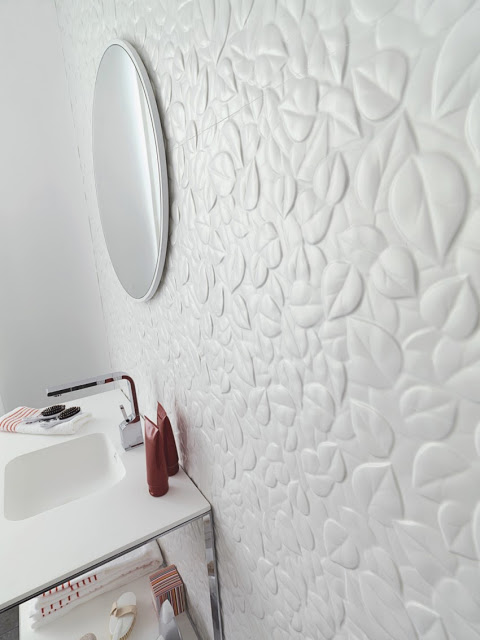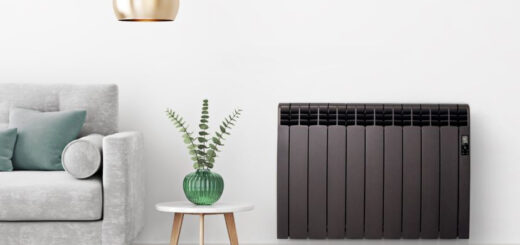Answers To The 4 Most Common Plumbing Questions
Over our many years in the trade, we have been asked numerous plumbing questions. From the downright obvious, to the manically thought provoking, we thought it would be handy to compile a list for the most commonly asked plumbing questions.
A plumbing FAQ if you will, along with our expert tips and advice to get you the answers that you need.
Read on below for the answers to 4 of the most common, you won’t want to miss the answers to some of these…
Do I Need To Turn Off My Water When I Go On Holiday?
Now we all go on holiday from time to time. Admittedly a lot less now, but in the years to come, chances are you will be taking a well earned break in the sun.
With this in mind, one of the most common plumbing questions we always get asked, is whether you need to turn off your water. When answering this question you must realise that this is more a precautionary measure than an absolute must do. But nevertheless we would always recommend it.
Even the smallest of leaks can escalate rapidly into full on blown pipes. This can flood your property, collapse ceilings, ruin your furniture, the list is endless. By turning off the water you can sit back and relax on your break, like you should be, with no “what ifs” circling in your mind.
If you do not feel comfortable turning off your water, there are certainly alternatives that can help mitigate risks. For one, you could have a friend or neighbour watch over your home. Have them check in at regular intervals to ensure nothing has gone wrong. Admittedly this is not always possible, and won’t be the best way of stopping a catastrophic plumbing disaster.
So a better alternative would be to have a leak detection system installed. These can be hooked up to your smartphone and will alert you to any leaks that are detected in your plumbing system. Some even allow you to shut off the water directly from your phone. I know, what will they come up with next!
You can browse the best available smart leak detection systems here!
Should I Use A Chemical Drain Cleaner?
Another common plumbing question that we regularly get asked regards drain cleaners. These are often store bought bottles containing strong chemicals, with the purpose of breaking down everything in its path once poured down the sinkhole.
Initially, you may think that is great. One chemical that gets rid of all the build up of fat and grease in your drains, with no more blocked drain. Well sadly it is often too good to be true.
Besides the fact that they need to be well hidden from any children or pets due to their hazardous nature, they can also badly damage your pipework from the inside.
Over time they will slowly corrode away the inside of your pipes, meaning that they will eventually either need replacing, or relining. Both of which are costly.
You can purchase environmentally friendly drain cleaners, with less harmful chemicals. However, these are not as effective. Should you have a blocked drain, you should always rely on contacting an experienced professional plumber to do the job properly.
What Is The Difference Between Hard & Soft Water, Does It Matter?
You may have heard or read about these terms online, wondering what on earth they mean.
In actual fact it is very simple. Water can be catagorised into one of 2 states, hard or soft water. The definitions of each are:
- Hard Water – Water that is packed full of minerals such as calcium, iron, manganese and magnesium. This type of water is known to cause issues with plumbing and appliances, commonly causing the build up of limescale and leaving deposits in your pipes that can often build up and form blockages.
- Soft Water – On the other end of the spectrum you have soft water. This is particularly low in minerals and often deemed to be better for washing. One drawback though is that it often has a tendency to easily pull in minerals from it’s surroundings, meaning contaminants may well be pulled into the water.
You can use an easy tool to define the type of water on your property by using the search function on Aqua Cure.
By simply adding in your postcode it will determine the type of water you have. Commonly if you live in the South East of England, this will be hard water!
My Dishwasher Has Standing Water, Is It Broken?
The fourth most commonly asked plumbing question is most certainly going to involve dishwashers. It seems they are always prone to clogging up, and considering that they are used often twice a day, it doesnt take a genius to work out why.
Before calling out a plumber, check as to whether the strainer basket at the bottom of your machine is blocked. It will collect stray bits of food to stop them from being sucked down into the drain.
Removing the food should allow the standing water to drain away, and if it doesn’t then it will indicate that you do need to get your dishwasher looked at by your manufacturer or the appropriate repair worker.
To avoid any problems from occuring, ensure that you always rinse all plates, bowls and cutlery before loading up your dishwasher. That way you can avoid contributing to any nasty blockages that can lead your dishwasher to overflow and potentially require repair.
To Conclude…
If you sat down, and were pressed to come up with a question about the plumbing in your home, we almost guarantee that a question you thought of was on this list.
Knowing the answer to these can give you that extra bit of knowhow, saving you time and money.
Did the question you have in mind not make our list? Maybe we need to write a post about 4 more questions?





Recent Comments